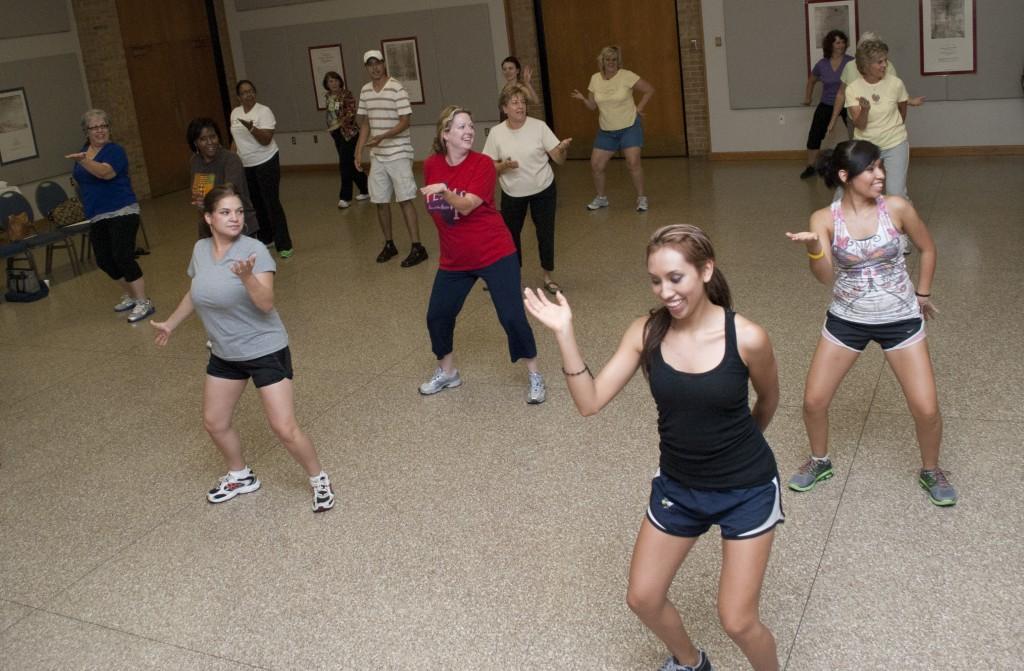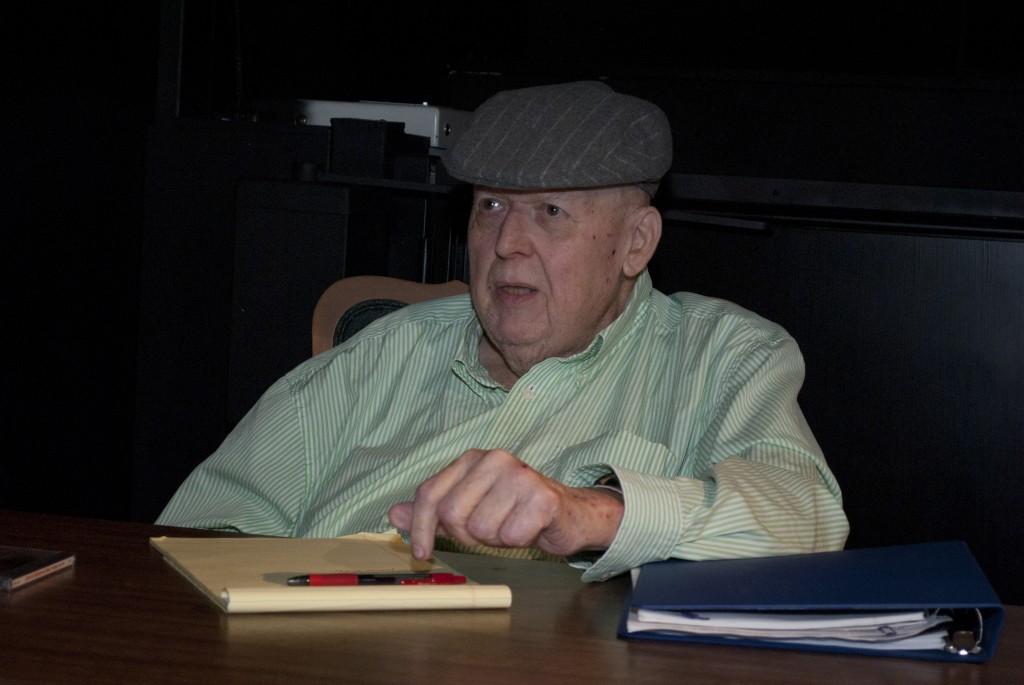By Bethany Peterson/editor-in-chief
Achieving the Dream is moving on to the next phase.
The nationwide, two-year college program is aimed at helping students do well in college by improving programs and services at colleges.
TCC has identified two focus areas, creating a better first-year experience and helping students complete developmental courses and the three credit classes often used as checkups.
To strengthen these areas, the college plans to improve advising, Transition to College Success classes, new student orientation, math courses and the early alert system.
Each program has now been assigned to a committee responsible for deciding the best way to structure the program and the person or area to get it up and running.
Gary Smith, chair of the appreciative advising committee, said the committees were told to have their parts ready to start working by fall 2012.
“If you don’t do it, you’ll be talking about it three years from now,” he said.
Each committee is made up of faculty and administrators from each campus.
The advising committee is integrating the unofficial advising students get from teachers with the official advising offered by the college, Smith said.
“We have a lot of faculty doing advising, but not all of it is official,” he said. “Students stay around and talk to teachers before and after class.”
The committee will create a handbook so faculty members have the correct information to give students. The committee is also looking at ways to assign students a faculty advisor in their goal-degree area to give students the best career advice.
The appreciative advising committee has received plenty of positive feedback from faculty, Smith said.
The initial focus would be on first-time college students. But in the long run, Smith hopes all students would be assigned a counselor, he said.
Strengthening transition classes, already a work in progress, folded in well with Achieving the Dream, said committee chair Linda Wright.
Last year, success course instructors had to decide what was necessary or could be left out because the one-hour class wasn’t long enough to cover all the material included in the course, Wright said.
“Each semester, we’ve been tweaking it,” she said.
The course teaches time management, learning styles, note-taking skills and goal setting among other skills.
The committee is looking to see how other colleges teach similar courses as well as how to better organize the course so instructors are not forced to cut material.
A district orientation is the final part of this area. Currently, each campus constructs its own.
“[The committee] will look at all of the ones on all the campuses and see which ones work best and raise them to a district level,” said Alma Martinez-Egger, interim director for Achieving the Dream.
The campuses can still include information specific to each campus when presenting the orientation, she said.
The early academic alert system will help connect students and instructors before students get too far behind in a class.
“It’s to keep students from going into the dark abyss of not being productive,” Martinez-Egger said.
Activated by the instructor, the system would send an email to students telling them they are falling behind and offering help. The email would also be sent to the student’s advisor.
“We know that the earlier in the semester we can identify students who are having problems in classes, the better we can help them,” committee chair Jo Bagley said.
The last intervention is restructuring the developmental math courses across the district.
Currently, math sections taught on different campuses do not always cover the same material, Martinez-Egger said. Students who take a class on one campus might repeat or jump too far ahead in the curriculum if they take the next class on a different campus.
The committee will evaluate the different courses on all campuses and design a uniform curriculum, Martinez-Egger said.
The committees will send their plans through several general committees and Achieving the Dream counselors before they move on to training or being applied in the classroom, Martinez-Egger said.






























